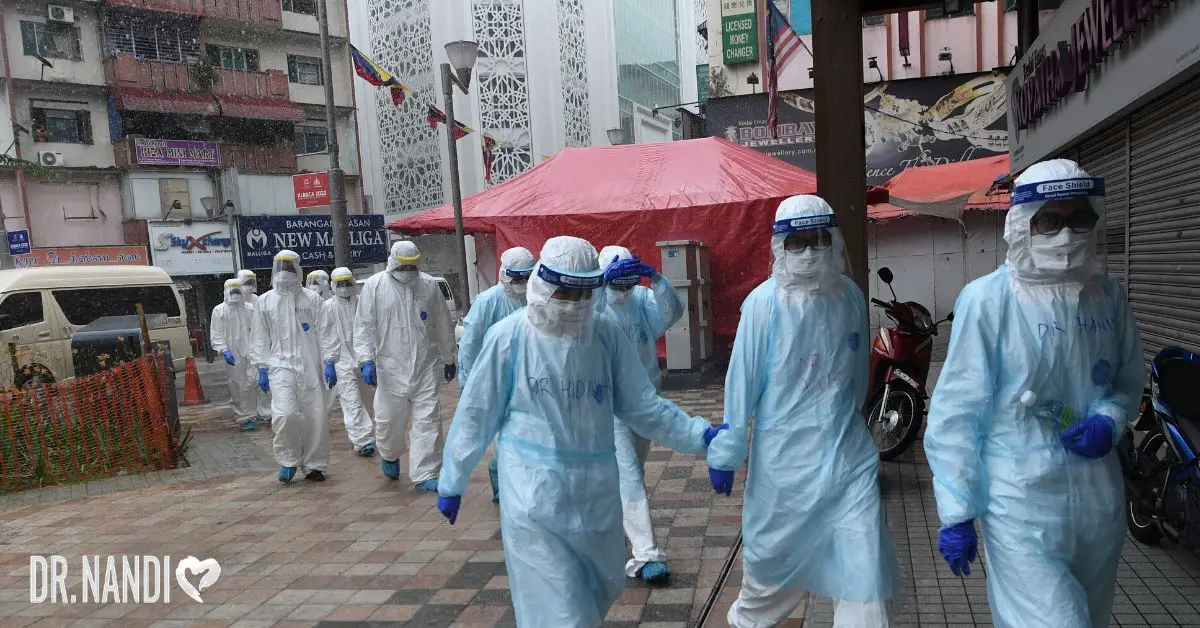Though South Korea flattened their coronavirus curve, they’re now seeing a growing number of patients relapse and test positive for COVID-19 a second time. The Korea Centers for Disease Control and Prevention (KCDC) reports that 163 people, or 2.1% of those infected, have retested positive for COVID-19. While this is concerning, the numbers are luckily low.
Causes for Reinfection
Though we still have much to learn about this virus, here are some potential reasons that people are restesting positive:
- Not producing enough antibodies to protect from reinfection.
- A person’s immune system weakened after the initial fight with the virus, which opened the door for it to rebound.
- The virus did not clear completely from the infected person’s system and then reactivated.
- The virus went dormant and then reactivated.
It is, however, less likely to become reinfected from another person who has the virus. The World Health Organization is investigating reinfection, so we’re hoping to have more concrete answers soon.
Person-to-Person Reinfection
The KCDC reports no indication that relapsed patients are spreading the virus. But, unfortunately, we don’t know for sure that this is the case. But, for the people who are relapsing and feeling sick, approximately 44% had only mild symptoms.
False Positive Test Results
At this stage of the game, there is always a possibility for issues with testing. Though unlikely, the KCDC did acknowledge the potential for inaccurate testing. The chemicals in the tests could be off or the virus could have mutated causing the test to not accurately identify it. However, any person who suddenly tests positive for COVID-19 is immediately tested a second time for confirmation of the results. Additionally, these tests are extremely sensitive. So, they could be picking up remnants of the virus that aren’t transmissible or infectious. In fact, in six cases where the patients had relapses, scientists were not able to cultivate the virus in isolation. This means that the virus was either so small it can’t be transmitted, or it’s dead.




















